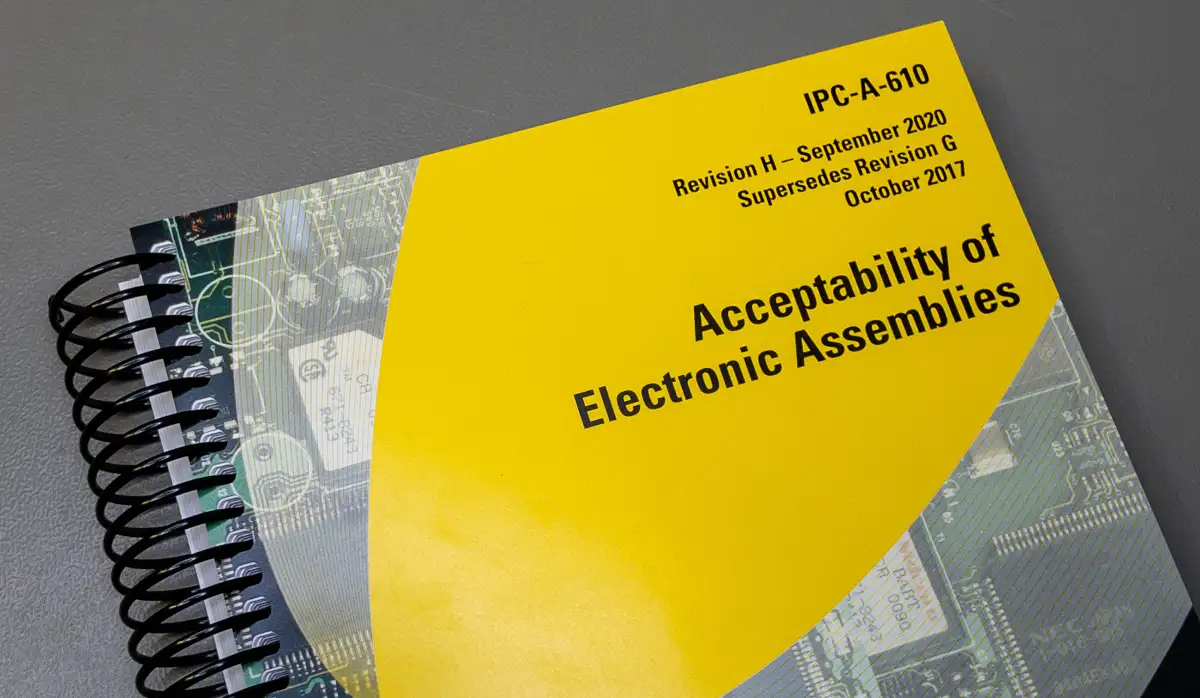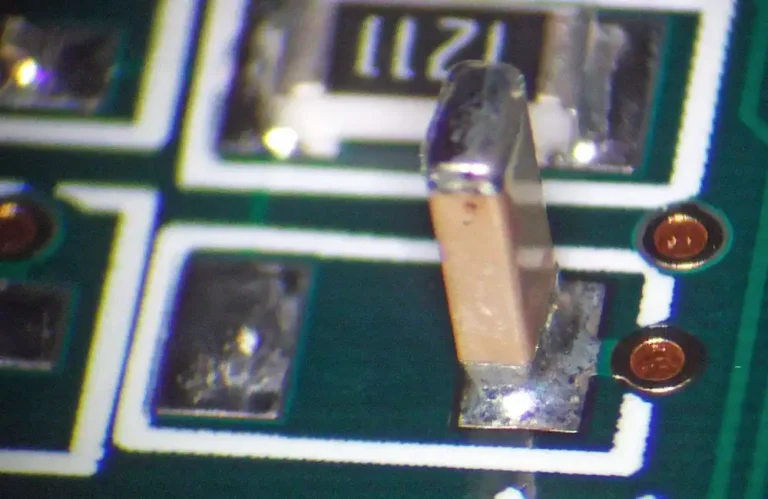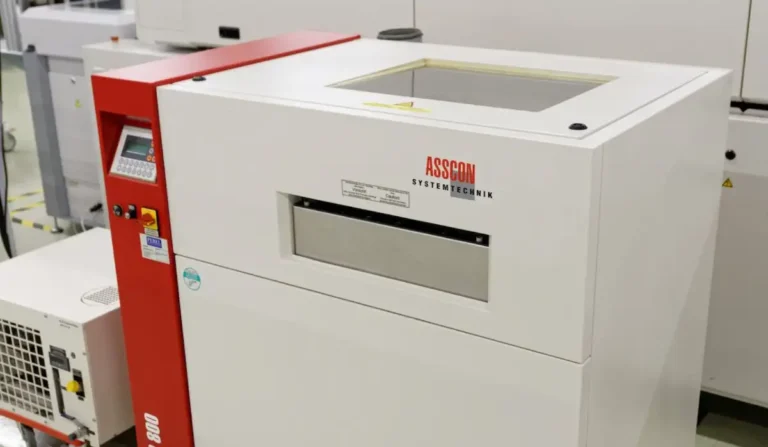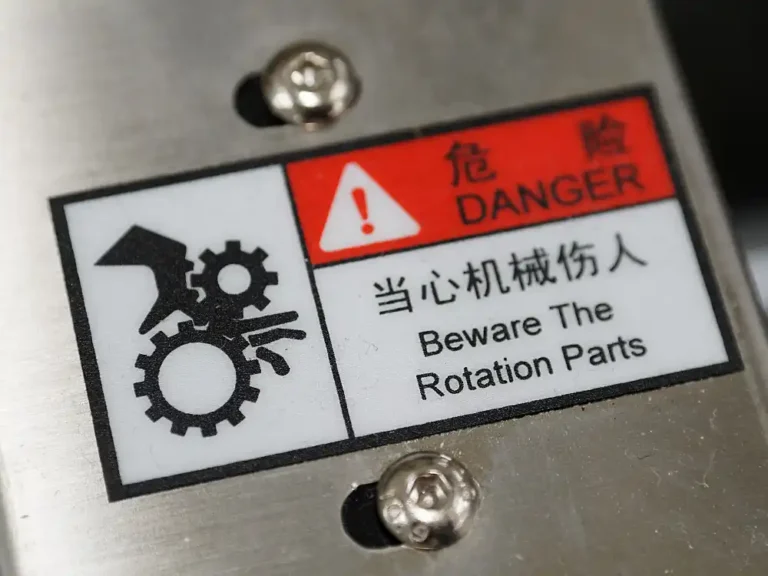Understanding IPC-A-610: The Gold Standard in Electronics
If you’re venturing into the world of electronics manufacturing, you’ve probably heard ofIPC-A-610. But what exactly is it, and why is it important? Let’s dive into the fascinating world of electronics standards and see why IPC-A-610 is the go-to guide for quality.
What is IPC-A-610?
Simply put, IPC-A-610 is the gold standard for visual acceptance criteria in the electronics industry. This comprehensive standard outlines the necessary visual inspection requirements for electronic assemblies. It’s designed for professionals responsible for quality assurance and those conducting visual inspections.
Interestingly, IPC-A-610 doesn’t cover the processes of manufacturing or repairing electronic assemblies. These processes are detailed in other standards, specifically the J-STD-001 for manufacturing and IPC-7711/21 for repairs.
A Brief History of IPC
The origins of IPC date back to 1957 when it was called the “Institute for Printed Circuits.” As the organization grew, so did its name, becoming the mouthful “Institute for Interconnecting and Packaging Electronic Circuits.” By the ’90s, this lengthy title was often forgotten, leading to a much-needed rebranding in 1999 to the simpler, more memorable “IPC.”
Today, IPC is a global trade association representing all facets of the electronics industry. Its mission is to advance the competitive excellence and financial success of its members. IPC develops industry standards and provides training and certification programs recognized worldwide. Holding an IPC certification is a mark of expertise and deep knowledge of the standard.
The Goals of IPC Certification Programs
So, what makes IPC certifications so valuable? Here are the primary objectives:
- Standardized, Globally Recognized Training: IPC aims to offer training programs that are accepted and respected worldwide.
- Practical Application of Standards: These programs help employees understand and apply the criteria outlined in IPC standards.
- Skill Enhancement: IPC training teaches methods and processes to improve individual skills and achieve professional competence.
- Ease of Use: The certification programs educate on how to quickly locate and apply the necessary criteria within the standard.
Membership Perks
Joining IPC isn’t just about gaining knowledge; there are tangible benefits too. Companies or institutions, including educational establishments, can join IPC for a reasonable fee. Members enjoy discounts on training and materials, and they earn the right to use the “IPC Member” logo, boosting their brand’s credibility and visibility.
Why Should You Care?
In an industry where quality is paramount, adhering to IPC standards ensures that your products meet the highest criteria. Whether you’re a seasoned professional or new to the field, understanding and implementing IPC-A-610 can significantly enhance the quality and reliability of your electronic assemblies. Plus, being IPC certified can open doors to new opportunities and elevate your career.
Facts About IPC
- Global Reach: IPC’s standards and certifications are recognized in over 80 countries, making it a truly global benchmark.
- Extensive Library: IPC provides a wealth of resources, including over 300 active standards, guidelines, and educational materials.
- Continuous Improvement: IPC-A-610 is regularly updated to reflect the latest industry advancements and technological innovations, ensuring that it remains relevant and practical.
- Diverse Membership: IPC’s membership includes companies from all sectors of the electronics industry, from small businesses to large multinational corporations, and even government agencies and educational institutions.
Conclusion
In the ever-evolving electronics industry, maintaining high standards of quality is crucial. IPC-A-610 is more than just a guideline; it’s a cornerstone of quality assurance in electronics manufacturing. By adhering to this standard and obtaining IPC certification, you’re not just ensuring compliance; you’re committing to excellence and setting yourself apart in the competitive market.
So, if you’re passionate about electronics and committed to excellence, dive into IPC-A-610 and see how it can transform your work. Happy inspecting!







